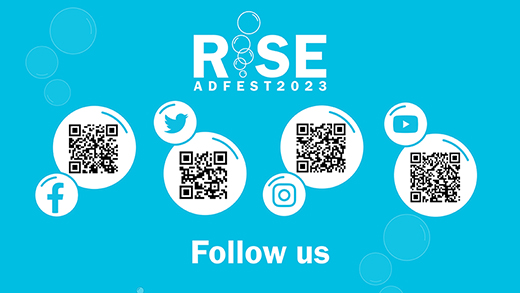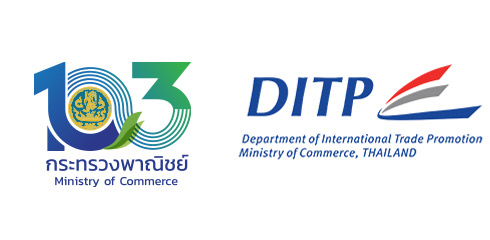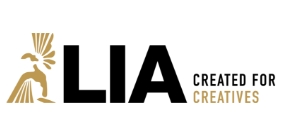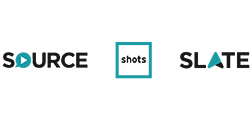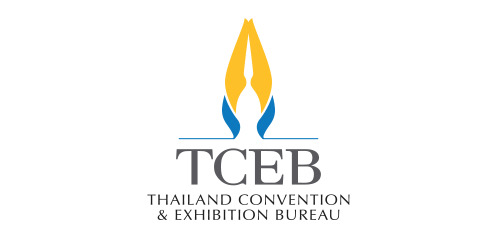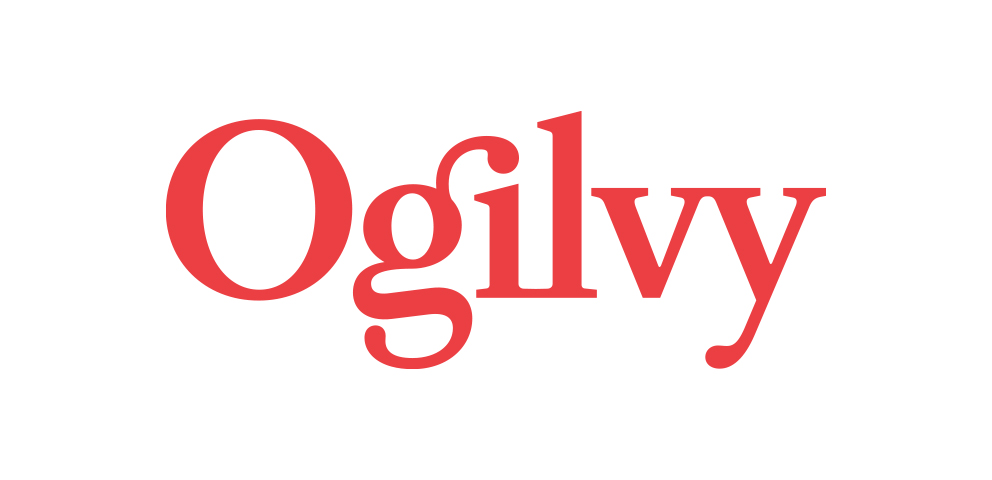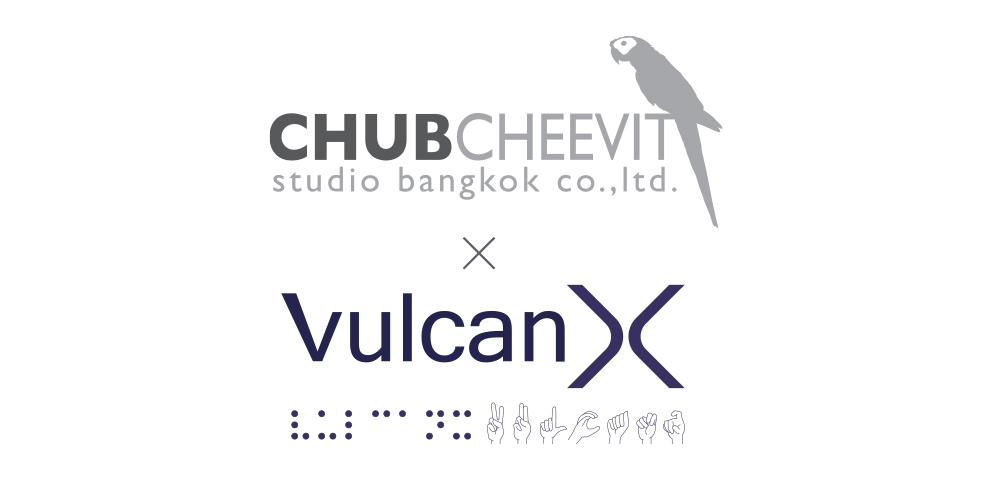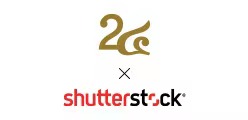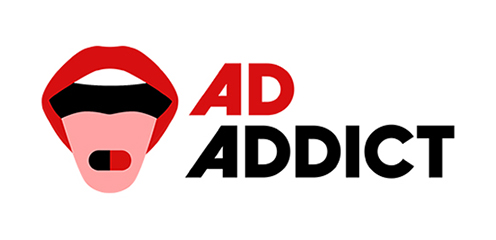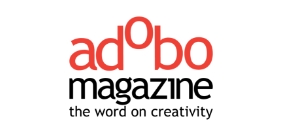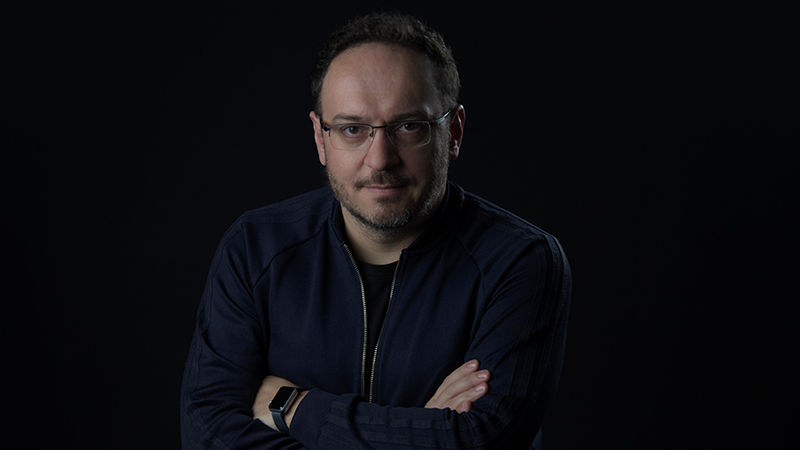
Nikola is a highly awarded colourist and visual artist, who has built his expertise in all major Asian advertising hubs including Seoul, Tokyo and Shanghai. He is also one of global post-production network, The Mill’s, in-house directors and has been the creative driving force behind many of its memorable works. His broad range covers features, short films and commercials for brands such as Nike, Adidas, Levi’s, Mercedes, Apple. And he has worked with many internationally acclaimed directors, including Gustav Johansson, Rob Chiu, Jovan Todorović, Paul Geusebroek, Wang LiMin, Dave Meyers, Kosai Sekine, Martin Werner and Salomon Ligthelm. At ADFEST 2023, he hosts The Mill’s session, “How Al Impacts the Creative Industry”, a topic that is top of mind throughout the creative industry right now.
You began your career as a video editor. What was it that drew you to colour grading?
One of the things that drew me to colour grading was the creative freedom it allowed. As an editor, I was limited to the footage that had been shot, but with colour grading, I could manipulate the colours and tones to create a completely different look and feel. I found this aspect of the process incredibly rewarding, as it allowed me to push the boundaries of what was possible and experiment with different colour palettes and grading techniques.
Additionally, colour grading allowed me to deepen my understanding of colour theory and how it can be used to convey emotion and meaning. I enjoyed the challenge of finding the right colour balance for each scene, playing with contrasts, and enhancing the visual impact of a film. It was a highly technical and artistic process that required a lot of skill and attention to detail, which I found to be incredibly satisfying.
Overall, I was drawn to colour grading because it allowed me to take my creative vision to the next level and elevate the impact of a film through the use of colour. It was a natural progression in my career and a decision that I'm glad I made.
You have worked in China for more than a decade. What is the drawcard for you?
Working in China has been an enriching experience for me both personally and professionally. I was initially drawn to China because of the enormous market potential, rich culture, and opportunities for personal and professional growth. As a post-production professional, I was excited about working in a rapidly growing market that was hungry for high-quality content. The cultural richness and diversity of Shanghai have also been fascinating to me, and I have had many opportunities to learn and grow from a different perspective.
Working in China has been an incredible experience that has allowed me to expand my horizons and become a better professional and a better person.
How do you like to work? What helps you get the best results?
I believe that collaboration and communication are key to achieving the best results. I enjoy working in a team environment where everyone's ideas and perspectives are valued and respected. I also believe that it is important to have a deep understanding of the project and its objectives. I like to take the time to really get to know the project, its message, and its target audience. This allows me to approach the project with a clear understanding of what needs to be achieved and helps me to make more informed decisions throughout the process.
Finally, I believe that it is essential to stay up-to-date with the latest trends and technologies in the industry. I am constantly learning and growing, seeking out new techniques and tools that can help me to achieve better results and create more impactful content.
What pieces of work are you most proud of and why?
I'm passionate about the entire creative process of post-production and directing, from brainstorming and planning to executing and delivering the final product. For me, it's not just about the end result, but also the journey and the collaboration involved. Working with other talented professionals, bouncing ideas off each other, and seeing a vision come to life is an incredibly rewarding experience. Additionally, I'm always looking for ways to innovate and experiment with new techniques and technologies to enhance the storytelling and visual impact of my work. Whether it's incorporating cutting-edge visual effects or experimenting with different colour grading techniques, I'm constantly seeking ways to improve and evolve my craft. Ultimately, what drives me is the opportunity to create something that inspires, informs, and entertains, and that has the potential to make an impact on audiences.
You are presenting an ADFEST session about AI. What interests you most about AI?
What interests me most about AI is its potential to enhance the creative process and bring new levels of innovation to the filmmaking industry. AI can help to automate many of the technical and repetitive aspects of filmmaking, such as generating storyboards, creating visual effects, and even animating characters. This can allow directors to focus more on the creative aspects of the project, such as developing the story, working with actors, and creating a unique visual style.
However, as with any new technology, there are also important ethical and social considerations that need to be taken into account. For example, the use of AI in filmmaking could potentially lead to job loss or the devaluing of certain roles within the industry. It is important that we consider these implications and work to ensure that AI is used in a responsible and ethical manner.
